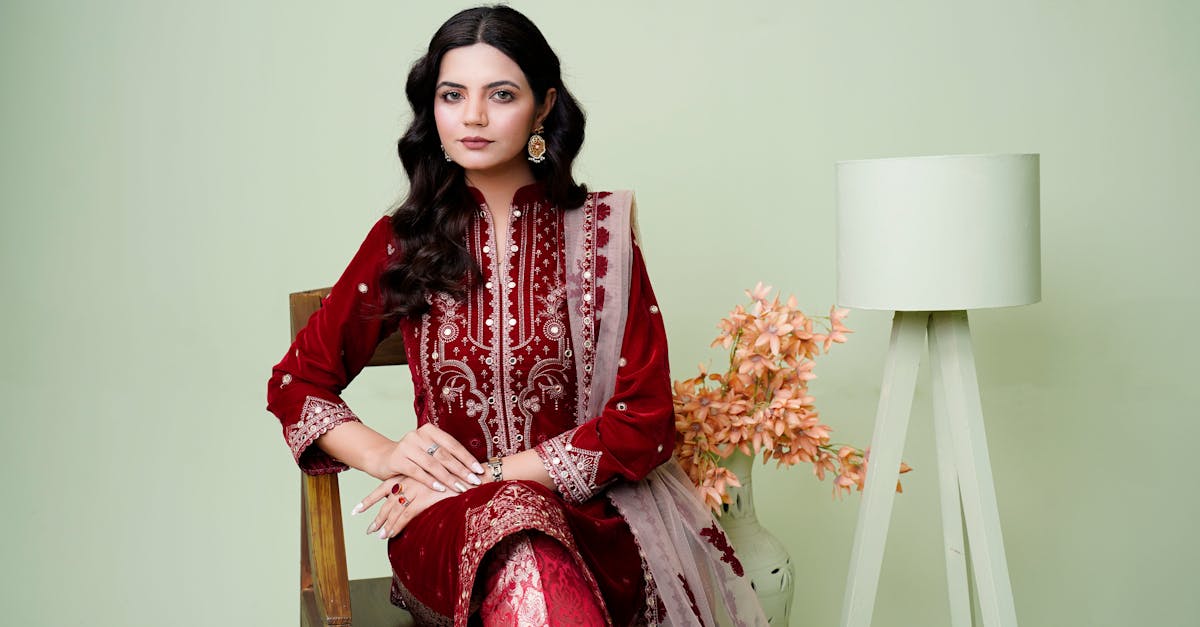Mindful Fashion Insights Daily
Introduction
In a world where style often overshadows sustainability, the rise of mindful fashion marks a significant cultural shift. Mindful fashion emphasizes eco-friendly materials, ethical production practices, and a conscious consumer mindset. As the industry evolves, consumers are increasingly demanding transparency and accountability from brands. The movement isn't just a fleeting trend; it's a profound shift towards sustainable living. Analyzing the core elements and drivers of mindful fashion offers valuable insights into its growing influence. Through informed choices, individuals can make a genuine difference in environmental impact and social justice.
Advertisement
The Principles of Mindful Fashion
Mindful fashion fundamentally revolves around sustainability, ethical labor practices, and consumer awareness. It advocates for reducing waste by utilizing sustainable materials like organic cotton, recycled polyester, and linen. Ethical labor is prioritized, ensuring workers receive fair wages and work in humane conditions. This approach encourages consumers to question the life cycle of products they purchase, promoting a shift away from fast fashion's throwaway culture. By considering the broader impact of their choices, consumers become active participants in a global movement towards environmental and social balance.
Advertisement
Sustainability in the Spotlight
Sustainability remains a cornerstone of the mindful fashion movement. Brands are increasingly exploring innovative materials, including bio-fabrics and plant-based textiles, to minimize their carbon footprint. Circular fashion, which focuses on reusing, repairing, and recycling, is becoming integral to many brands' business models. Moreover, initiatives like zero-waste designs are gaining traction, emphasizing the complete utilization of materials. As technology advances, the industry sees a proliferation of sustainable practices, gradually mainstreaming eco-friendly fashion worldwide.
Advertisement
The Conscious Consumer
Today's consumers wield considerable power in shaping the industry landscape. Armed with information, they demand transparency regarding sourcing, manufacturing processes, and brand ethics. This shift towards conscious consumerism is pressuring brands to adopt sustainable practices. Various digital platforms and tools now allow consumers to trace the journey of their purchased garments, ensuring alignment with their values. Additionally, the mindful consumer prefers quality over quantity, embracing the concept of a curated wardrobe filled with timeless, versatile pieces.
Advertisement
Ethical Practices
Ethical considerations in fashion extend beyond environmental impact, focusing heavily on human rights. Brands committed to mindful fashion often engage in fair-trade agreements, guaranteeing safe working conditions and equitable treatment for laborers. The fashion industry faces significant challenges, like wage inequality and poor working conditions, but progress is evident as more brands integrate comprehensive ethical practices. Collaborative partnerships with local artisans offer an avenue to revive traditional craftsmanship while supporting community economies, embodying ethical fashion's ideals.
Advertisement
Technological Advances
Technology plays a pivotal role in advancing the mindful fashion movement. Innovations like 3D printing, AI, and blockchain are revolutionizing sustainable practices. 3D printing minimizes waste by precisely creating garments with detailed precision, while AI helps optimize supply chains, reducing overall environmental impact. Blockchain technology offers unprecedented transparency, allowing consumers to verify the sustainability claims of brands. As these technologies continue to evolve, they promise to further embed sustainability into the fashion industry's fabric.
Advertisement
Industry Challenges
Despite its promise, mindful fashion faces several hurdles. Fast fashion's allure, driven by affordability and accessibility, poses a constant challenge to sustainable initiatives. Additionally, the higher costs associated with producing ethically and sustainably can deter widespread consumer adoption. Moreover, greenwashing remains a prevalent issue, with some brands exaggerating their environmental efforts. To overcome these challenges, there's a need for consumer education and industry-wide collaboration, ensuring that genuine efforts towards sustainability are both recognized and rewarded.
Advertisement
Evolution of Fashion Trends
The mindful fashion movement has significantly influenced contemporary fashion trends. There is a growing inclination towards capsule wardrobes, which emphasize quality over quantity—a departure from fast fashion's ethos. Efforts to produce timeless, versatile pieces are becoming a mainstay, encouraging consumers to buy less but buy better. Vintage and secondhand shopping have gained tremendous popularity, aiding in waste reduction. The industry also embraces minimalist aesthetics, where simplicity and sustainability converge in fashion expression.
Advertisement
The Future of Mindful Fashion
The path forward for mindful fashion involves greater innovation and stronger consumer-brand relationships. As awareness grows, brands are likely to further embed sustainability into their core operations. Future developments might see the fashion industry using cutting-edge technology like virtual fashion shows and digital clothing, offering sustainable alternatives to traditional practices. Collaboration between industry, consumers, and policy-makers will be pivotal in shaping a sustainable future. With an inclusive approach, mindful fashion can transcend beyond a trend to become the norm.
Advertisement
Conclusion
Mindful fashion represents a hopeful, transformative step towards sustainability and social responsibility in an industry often criticized for wasteful practices. By embracing eco-friendly materials and ethical production, the industry can make strides toward a more conscious future. Consumers, equipped with knowledge, play a crucial role in driving this change through informed purchasing decisions. Collaborative efforts between consumers, brands, and technology can pave the way for a genuinely sustainable fashion landscape. As mindful fashion continues to gain momentum, it promises a cleaner, fairer, and more sustainable world for all.
Advertisement








